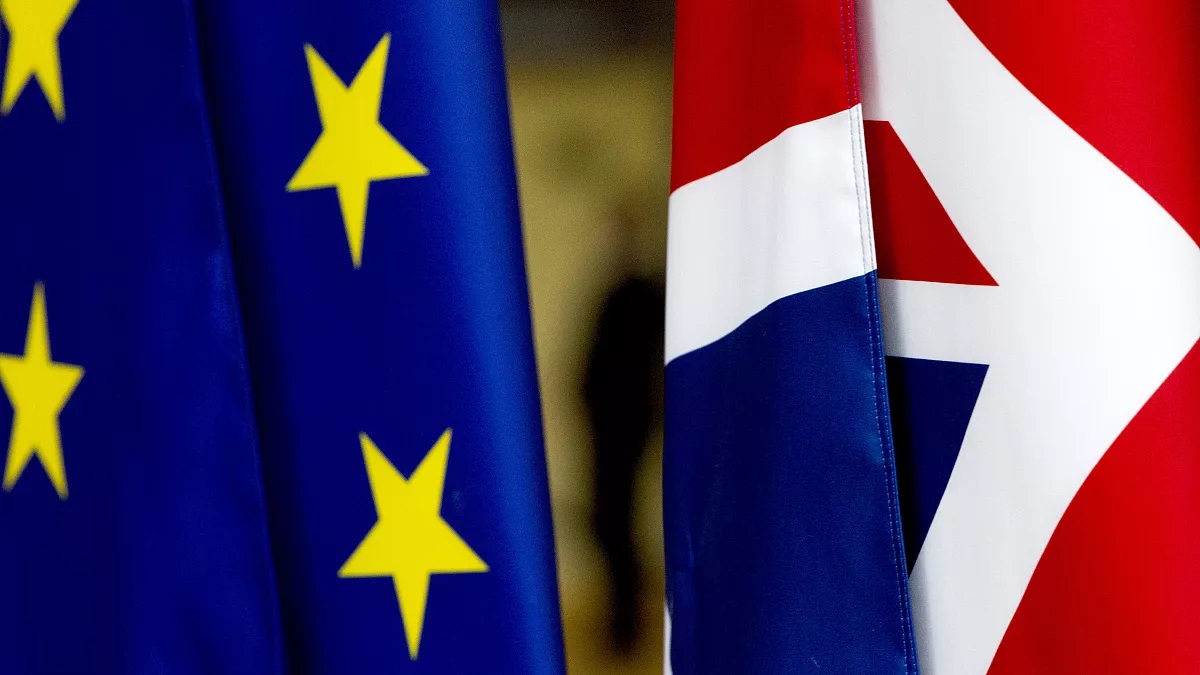Since 2016, UK-EU relations have been fraught, making positive engagement with the EU politically risky. However, recent years have seen improved relations and a shift in political discourse. In the current election campaign, various parties are increasingly open to engaging with European partners.
The Liberal Democrats and Plaid Cymru advocate rejoining the EU single market, while the Greens, SNP, and Plaid Cymru aim to rejoin the EU eventually. Although the major parties, Conservatives and Labour, do not seek rejoining the EU, both prioritize closer relations with Europe due to shared geopolitical threats.
Global challenges, such as Russia’s invasion of Ukraine, the Covid-19 pandemic, and potential shifts in US leadership, have highlighted the importance of UK-EU cooperation in foreign and security policy. Prime Minister Rishi Sunak has moved towards the EU by rejoining the EU’s Horizon programme and signing the Windsor Framework, among other collaborations. The Conservative manifesto emphasizes European security, proposing to strengthen the Joint Expeditionary Force and defense treaties with Germany and Poland, marking a significant shift from the 2019 “Get Brexit done” stance.
Despite this shift, Europe remains a divisive issue within the Conservative Party, which prefers ad-hoc cooperation with Brussels over formal agreements. The European Court of Human Rights (ECHR) is particularly contentious, as ECHR regulations have hindered Sunak’s Illegal Migration Act, fueling anti-European sentiment within the party. Consequently, Conservative cooperation with the EU would likely remain limited, focusing on policies appealing to the right-wing, such as European security and illegal migration control.
Labour, on the other hand, adopts a warmer stance towards the EU. Committed to reducing trade barriers, initiating regular UK-EU dialogues, and mutual recognition of standards, Labour aims to renegotiate the 2021 Trade and Cooperation Agreement (TCA) for a better deal, particularly in security, innovation, and research cooperation. A key Labour proposal is a UK-EU security pact to enhance coordination in defense, economics, cyber, and climate, reflecting common security interests.
The UK is set to host the European Political Community (EPC) Summit shortly after the election. If Labour wins, they plan to use this opportunity to establish a new European vision for the UK from the outset.
Closer UK-EU relations require mutual interest and effort. The European Parliament and Commission elections in June and Autumn, respectively, are crucial for UK-EU relations. Despite the populist right’s gains in the European Parliament, which could pose challenges for an incoming Labour government, there is a growing appetite in the UK for closer EU cooperation. This shift is driven by current geopolitical challenges, such as a more inward-looking US and the ongoing Russian threat to European security. The future of UK-EU relations will depend on the election results and the EU’s political trajectory.
